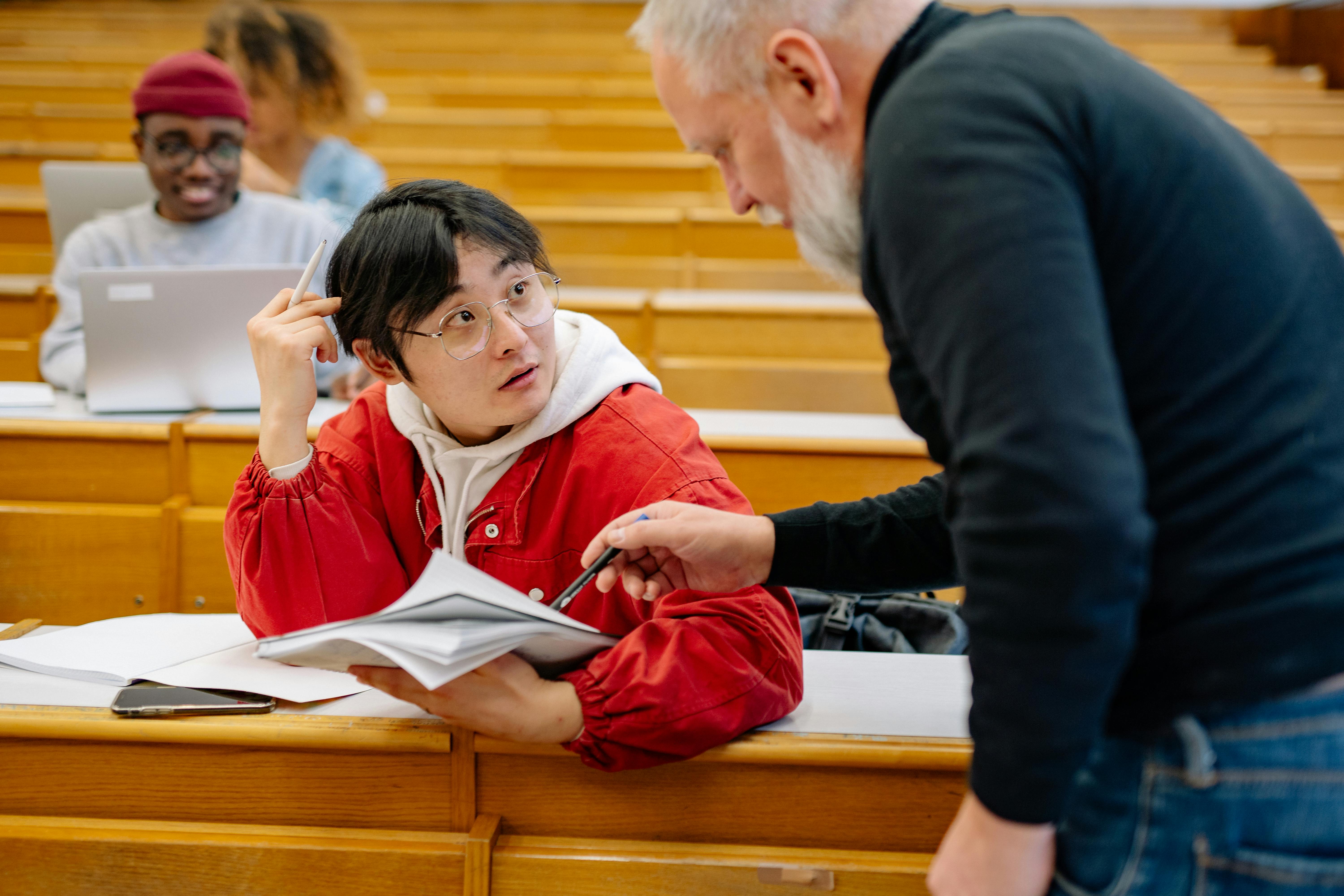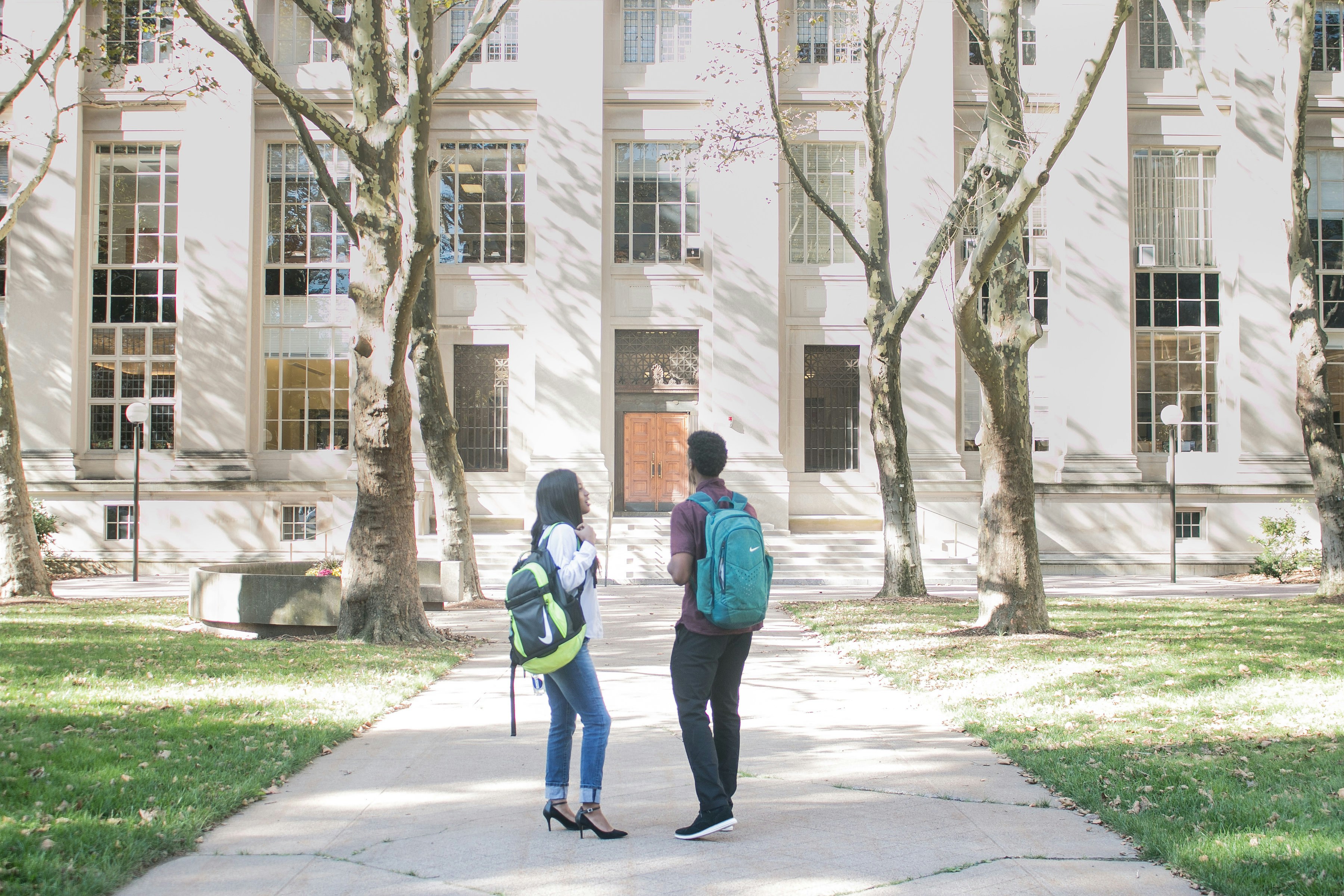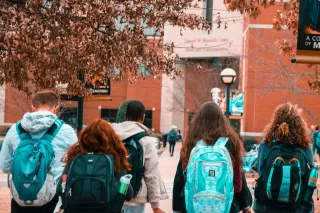June 17, 2024
Help is Available—But Many College Students Don’t Ask for It
Students avoid seeking help but data and strategic communications can reshape these behaviors.

Ross E O’Hara, Ph.D.
About

Colleges must collect and utilize data on student challenges and needs in order to target help
Resources should be streamlined so that help is easy for students to find and access
Colleges must build their environments and communications to normalize help seeking
Not long ago, a college student said in a focus group that they’d rather fail a class than ask a professor for help. Many students in the group nodded in agreement—and they have plenty of company among students who say they’re reluctant to seek help, often until it’s too late.
This real-life example surfaced recently when Lumina Foundation and Persistence Plus met with more than 200 advisors, staff, and college administrators worldwide to examine barriers to seeking guidance and behavioral science strategies to nudge struggling students to explore resources proactively. These discussions raised two ways colleges can remedy this issue: 1. Centralize knowledge, and 2. Build a culture of help-seeking.
Read on to learn how Persistence Plus works with college partners to connect students to resources on campus.
Subscribe to our newsletter
Stay updated on our latest posts and research-backed insights.
Thank you! Your submission has been received!
Oops! Something went wrong while submitting the form.

Ross E O’Hara, Ph.D.
Chief Learning Officer
Dr. O'Hara is Chief Learning Officer at Persistence Plus, where he applies his expertise in behavioral science to develop scalable interventions that improve college student retention. He has developed motivational and empathetic messaging for college students for over 11 years, and he currently leads a Lumina Foundation-funded action research project on continuous enrollment in community colleges. Dr. O’Hara earned his Ph.D. in social psychology from Dartmouth College and completed post-doctoral fellowships at the University of Missouri and the University of Connecticut. His research has appeared in numerous peer-reviewed journals, including AERA Open and the Journal of Postsecondary Success, and he has contributed to Behavioral Scientist, the EvoLLLution, and EDUCAUSE Review, among others.
%201.svg)






























